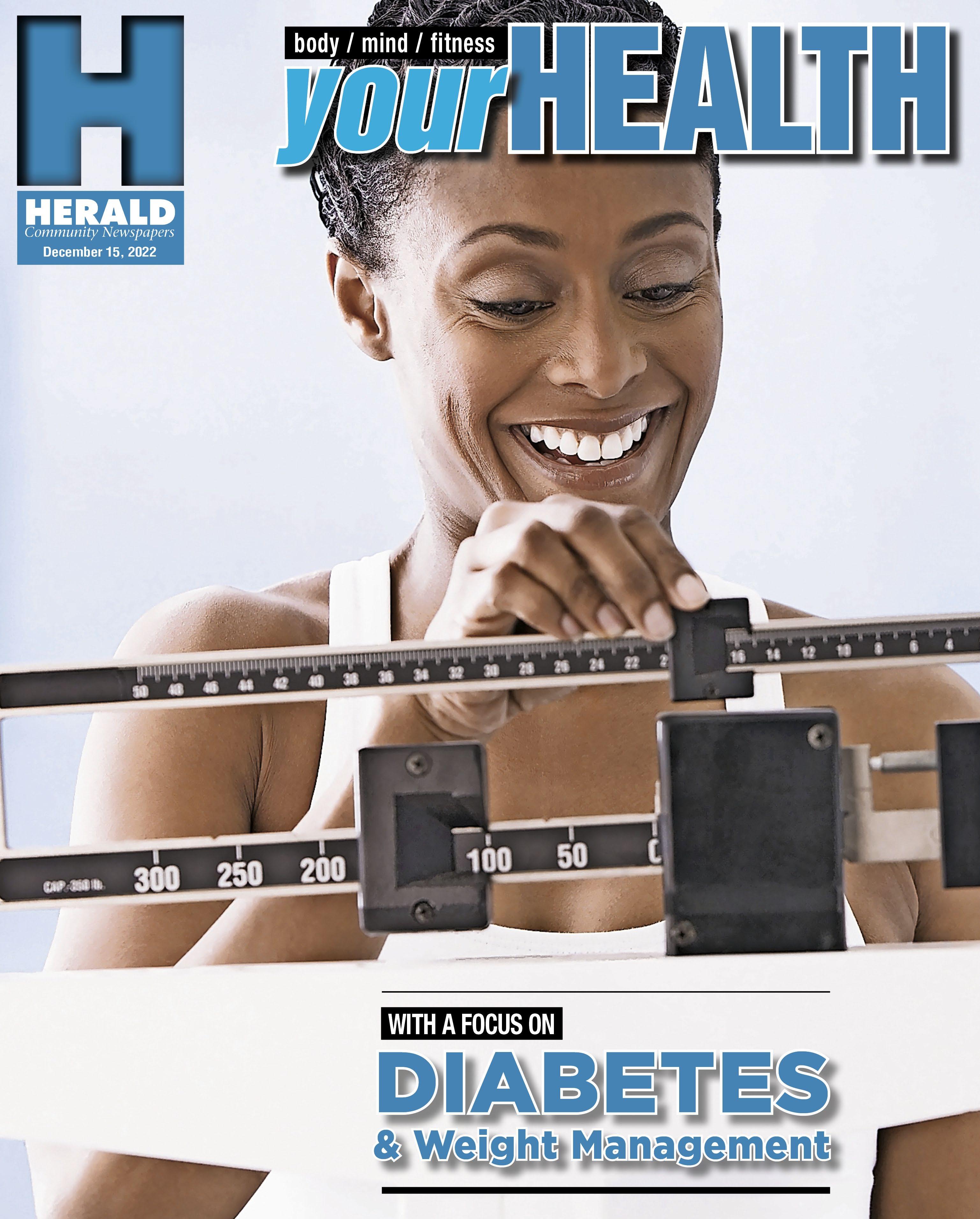

Healthier festivities
Stay on track and enjoy the season
Managing diabetes can be difficult yearround, but is especially hard during the holidays. This time of year is synonymous with many things, including food. Family gatherings and holiday office parties wouldn’t be the same without great food.
Food plays such a significant role during the holiday season that many people are worried about overindulging. Some celebrants can afford to overindulge, while others must resist temptation. Diabetics fall into the latter category, as the festive mood of the season does not mean people with diabetes can throw dietary caution to the wind.

“Keeping your carbohydrate intake and mealtimes consistent as the list of gatherings grows during the holidays is very difficult,” says Lynne Garris, RDN, a registered dietitian and certified diabetes educator.



When you are traveling, hosting family and being surrounded by a variety of sweet treats and other snacks, it can be difficult to stay on track and keep your blood sugar under control. Despite the challenges, if you are living with diabetes, know that you can enjoy the food-filled festivities and stay healthy as possible. All it takes is some planning.
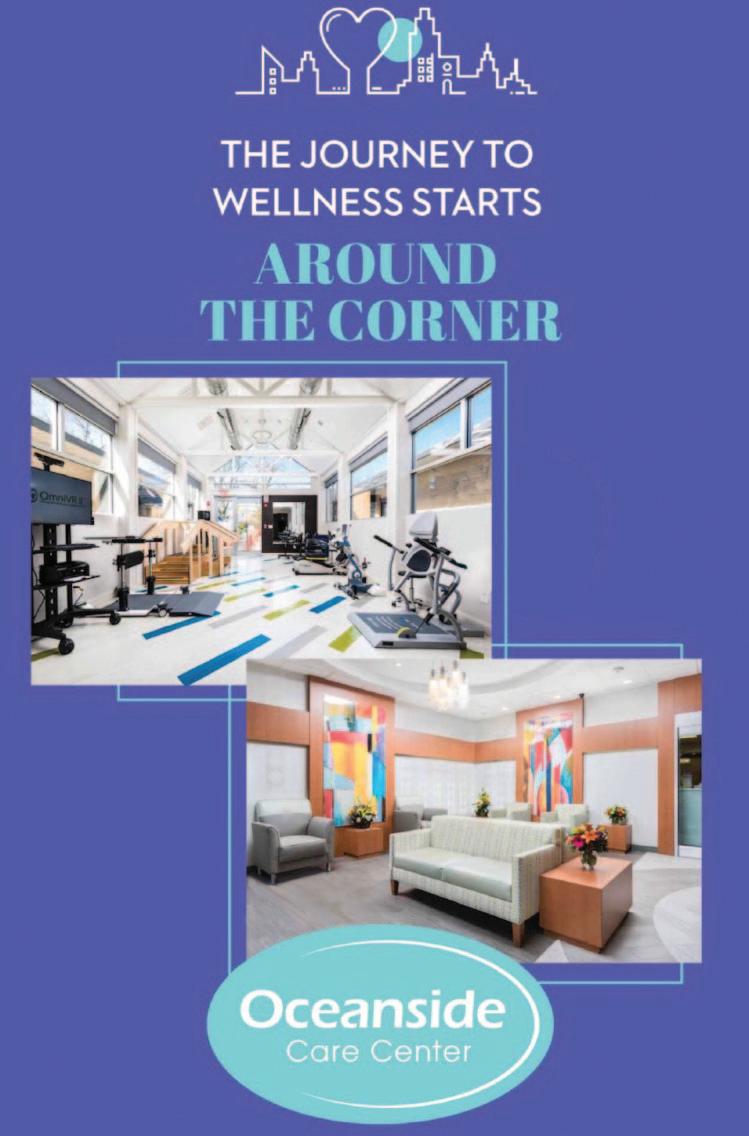
Start with your attitude
If you approach the holidays with worry and anxiety about what to eat and drink, change your focus. Think of the holidays as time spent with loved ones.
There’s no rule that says your gatherings always have to involve food, especially if you have a diet-related condition, such as type 2 diabetes and obesity.
Stick to your normal routine. While the holiday season can be unpredictable, the CDC advises diabetics stick to their normal routines as closely as possible. Because holiday guests cannot control food served to them at family gatherings or parties, the CDC recommends diabetics offer to bring a healthy, diabetic-friendly dish along to any parties. In addition, don’t skip meals during the day in anticipation of a large holiday meal. Doing so makes it hard to control blood sugar levels.
Be extra careful with alcohol. Alcohol is served or readily available at many holiday gatherings, and many people overindulge because of the festive mood of the season. Overindulging in alcohol is dangerous for anyone, but diabetics must be especially mindful of their alcohol consumption.
Alcohol can lower blood sugar and interact with diabetes medicines. Diabetics who want to enjoy a holiday libation should keep their alcohol consumption to a minimum.
Eat slowly. Eating slowly can benefit anyone, during the holiday season, and year round. Eating at a leisurely pace your brainsample time to signal that your body is full. By eating quickly, you may be eating more calories than they hoped to eat, and that can lead to uncomfortable feelings of fullness after a meal. Diabetics who can slow down their eating are less likely to overindulge in less healthy holiday foods that can affect their blood sugar levels.


Pick foods



you really enjoy



Think of foods that generally are served only during the holidays. If cornbread stuffing is something you look forward to every year, pass on everyday carbs, such as dinner rolls or crackers. Survey the entire selection before you place anything on your plate and decide what you truly want to have.
Remain active. The holidays can be hectic, as we often must juggle extraordinarily busy social calendars with the responsibilities of everyday life. Many folks sacrifice time at the gym to ease the burden of hectic holiday schedules, but diabetics must resist that temptation. Medical experts stress that routine physical activity helps diabetics keep their blood glucose levels in their target range. Physical activity also helps the hormone insulin absorb glucose into all of the body’s cells for energy. That extra energy boost can help diabetics fend off holidayrelated fatigue.
Photo:Diabetics face a lot of temptation come holiday time. But with the right approach, you can stick to your treatment plan and still enjoy a healthy holiday season.
Stay in control
diabetes
By Maria GiffordWhat do you dream of...
Crossing the finish line at your next 10K, sweaty and exhausted and proud after beating your personal best? Feeling your baby’s impossible strength as their miniature fingers curl around yours for the first time? Floating through a kaleidoscope of creatures as you snorkel off the coast of Australia?
Healthy glucose levels?
If you’re one of the millions of Americans living with diabetes, you know that keeping a constant eye out for signs of low blood sugar and overall managing the condition can feel challenging at times. But, it shouldn’t get in the way of reaching your dreams. Living well whatever that means to you starts with strong diabetes management. According to the National Institutes of Health (NIH), understanding how to manage diabetes can improve your energy and healing ability and reduce your chances of other health complications, such as a heart attack, nerve damage, kidney failure, blindness and gum disease. Your doctor will tell you about the importance of diabetes nutrition in your disease management, but what else can you do? Here are helpful tips for keeping your diabetes under control and maintaining healthy glucose levels.
Keep calm. Stress can cause your blood sugar to rise, according to the NIH. Find activities you like that help you relax. Try taking a walk, listening to your favorite music or gardening, whatever helps you cope.
Drink in moderation. Drinking alcohol can produce signs of low blood sugar, according to the Mayo Clinic. When you drink, your liver works to process the alcohol, which can mean it’s too busy to perform another important function: releasing stored sugar in response to low levels. Also, drinking alcohol can impair your ability to think clearly and make good treatment decisions.
Adjust for your stage of life. The Mayo Clinic also explains that hormone levels can cause your blood sugar to fluctuate. For example, a woman may need to adjust her medication, meal plan or exercise level for her menstrual cycle. Going through menopause? You may need to make more adjustments and check your blood glucose more often. Talk to your doctor to determine a plan that’s right for your body and its hormonal changes at different life stages.
Be aware that some medications may affect your diabetes. As the Mayo Clinic notes, some medications are sweetened, and others may affect healthy glucose levels in other ways.
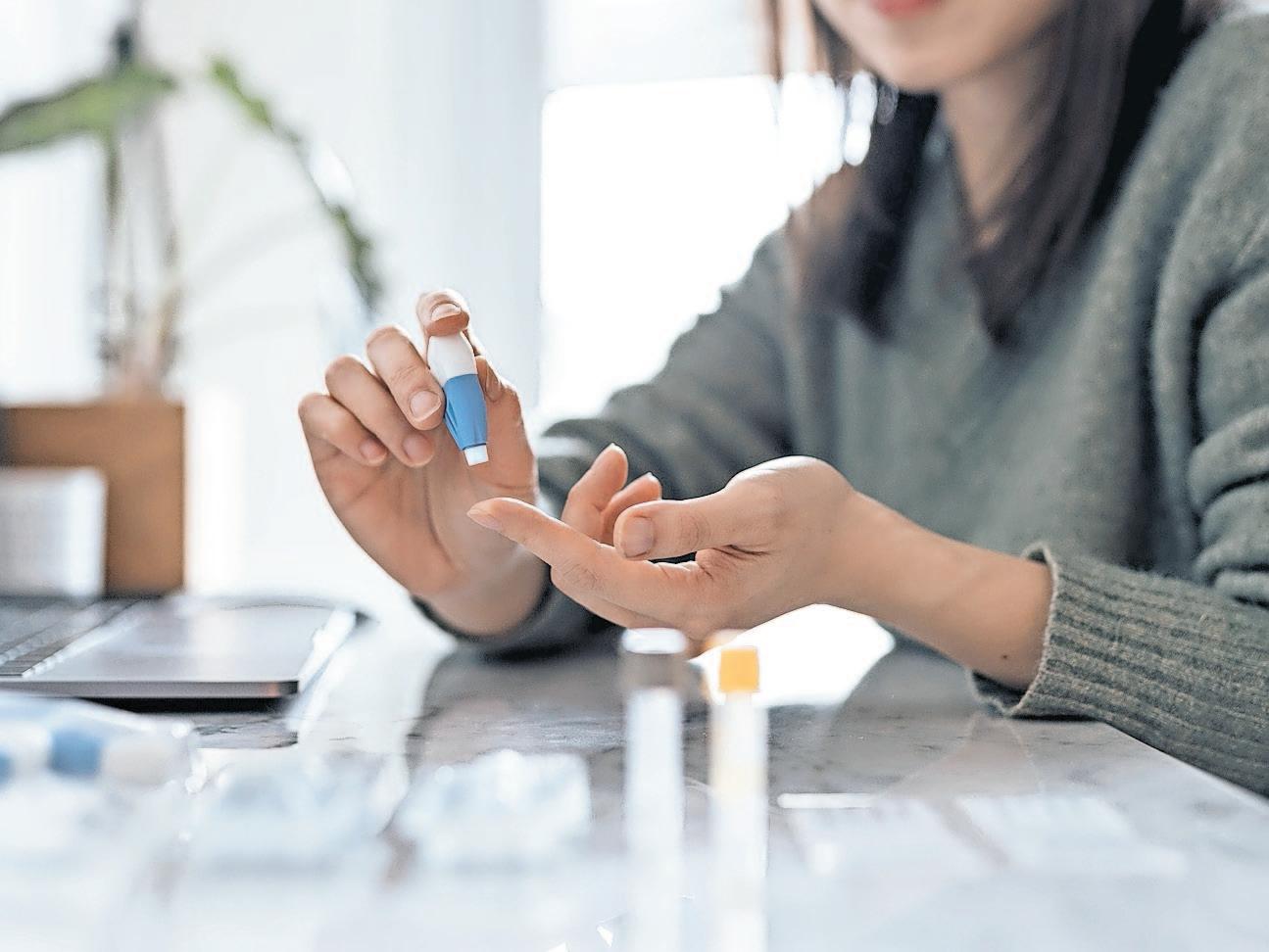
Brush up on your oral hygiene. Diabetes puts you at greater risk for gum disease. According to the American Diabetes Association (ADA), that’s because people with diabetes have a lowered ability to fight infection from bacteria in the mouth.
Travel with a plan. Traveling can disrupt your normal routine, so be sure to plan ahead. The ADA recommends talking with your doctor about how to adjust and ensure you have medication to last while you’re out of town.
Sweeten it yourself. To give yourself more control, you can reduce sugar in your diet by adding your own sweeteners. Not only will you support your diabetes nutrition strategy, you’ll likely add less sugar, saving on calories and carbs, notes the ADA.
Get vaccinated. Diabetes makes you more vulnerable to infection. According to the CDC, illnesses such as Covid-19, flu, pneumonia and hepatitis B are more common and dangerous in people with diabetes.
Know your data. Continuous glucose monitoring is key to managing your diabetes care and help you more quickly address when your body is high or low. Follow your plan set with your doctor, even when you’re feeling good. You might be tempted to skip it. But you probably feel good because your plan is working.
Above photo: Diabetes management involves day-to-day treatment as well as bigger-picture lifestyle choices. By following a plan, you’ll be a better position to manage your diabetes every day.
Not just for salad
A spoonful of vinegar could help the sugar go down
There could be sweet news for the 29.1 million people the U. S. Centers for Disease Control and Prevention estimates have diabetes. Some researchers are now touting vinegar notably apple cider vinegar as a tool in the diabetic arsenal.
For many years, people have also used it as a home remedy for everything from fighting germs to preventing heartburn. More recently, research has shown that apple cider vinegar might have some real health benefits, such as helping to reduce blood sugar levels and aid weight loss.
According to Dr. Carol S. Johnston, professor and associate director of the Nutrition Program in the School of Nutrition and Health Promotion at Arizona State University, vinegar can be part of a diet strategy to manage blood glucose.
Diabetes is the seventh leading cause of death in the United States, but you don’t have to be in such statistics. The International Life Sciences Institute reports that “Several studies have demonstrated that vinegar can help reduce hyperglycemia, hyperinsulinemia, hyperlipidemia and obesity.”
Why Vinegar
Here’s why: Eating foods that are high in starch, such as bread and rice, causes surges in blood glucose levels, Dr. Johnston explains. These high levels of blood glucose have been linked to higher or increased cardiovascular disease risk in healthy populations and can also increase complications among those with type 2 diabetes.
Consuming small amounts of vinegar one to two tablespoons before your meal, however, can reduce these high levels of glucose, she says.
Randomized, controlled trials involving both diabetic and nondiabetic individuals suggest that adding two teaspoons of vinegar to a meal may improve blood sugar control, effectively blunting the blood sugar spike after a meal by about 20 percent. So adding vinegar to potato salad or to rice (like the Japanese do to make sushi rice) or dipping bread in balsamic vinegar may blunt the effects of these high-glycemic foods.
We’re still not sure of the mechanism for the anti-glycemic effect. Originally, it was thought that vinegar slowed stomach emptying, but even consuming vinegar outside of meals appears to help. Type 2 diabetics consuming two tablespoons of apple cider vinegar at bedtime, for example, were found to wake up with better blood sugars in the morning. Consuming pickles or vinegar pills does not seem to have the same effect.
Vinegar may also help with polycystic ovary syndrome (PCOS), improve arterial function, and help reduce body fat. A daily tablespoon of apple cider vinegar restored ovarian function within a few months in four out of seven women with PCOS. We’re not sure why, but the acetate from the acetic acid in vinegar may lead to improved nitric-oxide production. Such an effect would be expected to help with hypertension, and indeed there is a study purporting to show blood pressure benefits from a tablespoon of vinegar a day.
Vinegar may also help with weight loss. A
double-blind, placebo-controlled (but vinegar company–funded) study was performed, in which obese subjects consumed daily vinegar drinks with either one or two tablespoons of apple cider vinegar, or a placebo drink. Both vinegar groups lost significantly more weight than the control group. Though the effect was modest—about four pounds over a threemonth period CT scans showed the vinegar groups’ subjects lost a significant amount of their “visceral” fat, the abdominal fat that is particularly associated with chronic disease risk.
In addition to consuming vinegar alone, consuming foods high in vinegar is an option. Vinegar is found in pickled products and salad dressings and can also be consumed before a meal on a salad.
Safely add vinegar to your diet
In most cases, ACV is relatively harmless, but there are some risks to be aware of. Consuming more than 1-2 tablespoons in a day can cause irritation of the esophagus, erode tooth enamel and most dangerously, decrease potassium levels.
Those taking diuretics and/or insulin should consult their doctor before changing any dietary practices. Low potassium can cause weakness, constipation, nausea, muscle cramps and abnormal heart rhythms.
So don’t overdo it. Incorporate vinegar carefully your routine.
√ Consume only 1-2 tablespoons per day. Try mixing 1 tablespoon of vinegar with 1 cup of water and split into three doses, one before each meal.
√ Dilute vinegar by mixing with oil and using as a salad dressing on leafy greens or other veggies.

√ Avoid ACV pills. They don’t seem to have the same effect and in one case, a woman experienced throat burns after a tablet became lodged in her esophagus.
Above photo: Keep eating those salads — and other vinegar enhanced foods.
Living with
can be challenging, but it is possible to lead a full and healthy life
How patients with diabetes can enjoy the holidays with moderation and support
The holidays can be a challenging time for someone with diabetes.
Parties, overeating, and heavy drinking can make it hard to maintain healthy blood sugar levels. When blood sugars fall, some patients may experience dizziness, shortness of breath, nausea, chills, confusion, weakness, irregular heartbeat, or severe headache, and could even find themselves in an Emergency Department. But many of these emergency visits can be avoided.
Mount Sinai South Nassau’s Director of Diabetes Education, Meghan Costigan-Kraus, NP, CDCES, says that even if you are living with diabetes, the holidays can still be a season of joy if you practice moderation when eating and drinking.

Here are tips from the American Diabetes Association that Ms. Costigan-Kraus says will help make this holiday season “the most wonderful time of year” for you, too:
Don’t overdo it: Eat small portions of the holiday foods you enjoy. Moderation is key—so make tradeoffs and skip seconds. Bring your favorite healthy foods to holiday gatherings.
Drink in moderation: Heavy drinking can lead to blood sugar reactions, especially if you take insulin or sulfonylurea. Be sure to check blood sugar levels during and up to 24 hours after drinking alcohol. Keep your alcohol consumption to one drink if you’re a woman and two drinks if you’re a man. Avoid high-calorie mixed drinks that include sugary soda or juice.
Stay active: Think of physical activities during the holidays as a chance to spend quality time with friends and loved ones or participate in a local holiday walk or run.
If you overindulge, get back on track: With healthy eating, regular exercise, and monitoring blood sugar levels (as directed, or if that’s part of your diabetes care routine).
Focus on what matters: The holidays are a time to slow down and catch up with your loved ones, so remember to focus on your friends and family, not the food. Great memories don’t have to be made only at the dinner table.
Another wonderful way to stay on track is to attend Mount Sinai South Nassau’s Diabetes Education Center’s biweekly education classes or individual education sessions by certified registered dietitians/certified diabetes care and education specialists. The Center, located at 2277 Grand Avenue in Baldwin, offers both individual and group classes, which are typically covered by most health insurance at little to no cost to you. Patients can also take advantage of the Center’s following services:
• Support group meetings for type 1 patients and their families.
• Tailored medical and nutrition education.
• Fingerstick blood glucose monitoring and insulin pump education.
• Continuous glucose-sensor education and services.
• Day and evening consultations.
• Referral assistance for specialists for diabetes care, including endocrinologists, podiatrists, cardiologists, vascular surgeons, and weight-loss surgeons.
For more information about the programs and services offered by the Diabetes Education Center or a schedule of the Type 1 Diabetes Support Group or group class meetings, call the Mount Sinai South Nassau Diabetes Education Center at (516) 497-7500 or go to www.mountsinai.org/southnassau.
One Healthy Way Oceanside, NY 11572 • 877-SOUTH-NASSAU (877-768-8462) • www.mountsinai.org/southnassau
Health memos are supplied by advertisers and are not written by the Herald editorial staff.
Queens Long Island Renal Institute provides dialysis patients care, safety and convenience

The award-winning Queens Long Island Renal Institute focuses on care, safety and convenience for kidney dialysis patients in the New York metropolitan area. Located in the lobby level of Parker Jewish Institute for Health Care and Rehabilitation with its own entrance, the center provides care to Parker’s residents and patients as well as to the general public.
Queens Long Island Renal Institute offers the finest quality of care, state-of-the-art technology and uncompromised dignity, in a bright, ultramodern and comfortable setting.
The center is a certified 5-Diamond Status Facility, and is recognized for its demonstrated commitment to quality improvement by building and promoting a culture of patient safety. To earn this status, dialysis facilities must apply for the recognition each year. They must complete the program’s Culture of Safety module each year. A facility’s entire staff - including dieticians, management, nurses, medical directors, social workers and technicians - must participate in the program in order to qualify.
Licensed by the New York State Department of Health, QLIRI is led by a dedicated, interdisciplinary team of experienced nephrologists and dialysis registered nurses, a
renal social worker, and a registered renal dietitian. The team is ready to meet the individual needs of dialysis patients and families, and provides individual and family health education, as well as nutritional counseling and social work services.
QLIRI is outfitted with an in-center chronic hemodialysis. It features comfortable, state-of-theart, private treatment stations with personal TVs. There is also a homelike reception area with a large-screen TV as well as free wireless access. It

Health
accommodates stretchers, and offers valet parking.
“With Queens Long Island Renal Institute conveniently located in Parker’s first-floor lobby, we continue to safely and comfortably meet the needs of our patients and residents, as well as members of the New York community who also benefit from our services,” said Michael N. Rosenblut, President and Chief Executive Officer of Parker Jewish Institute for Health Care and Rehabilitation.
About Parker Jewish Institute for Health Care and Rehabilitation
Parker Jewish Institute for Health Care and Rehabilitation, which is headquartered in New Hyde Park, is a leading provider of Short Term Rehabilitation and Long Term Care. At the forefront of innovation in patient-centered health care and technology, the Institute is a leader in teaching and geriatric research. Parker Jewish Institute features its own medical department, and is nationally renowned as a skilled nursing facility, as well as a provider of community-based health care, encompassing Social Adult Day Care, Home Health Care, Medical House Calls, Palliative Care and Hospice.










Get out there and get moving — but do it wisely
The connection between exercise and blood glucose levels
By Jennifer LarsonExperts agree the best way to effectively manage your diabetes is a combination of good lifestyle choices — notably, diet and exercise.
By exercise, they mean a blend of aerobic activity, strength-building exercise and flexibility training. And in fact, a combination of strength-training and aerobic exercise seems to be more effective for keeping your blood sugar levels under control than either type of activity by itself.
However, you can’t just lace up your sneakers and start pounding the pavement or hoisting the dumbbells. You have to prepare for the effect that exercise has on your blood glucose levels — namely, it tends to lower your blood glucose levels. The specific amount will depend on how long you’re active.

Be sure to stay on top of your blood sugar levels while you’re getting your sweat on.
Talk to your doctor and health care team


Before you do anything, check with your doctor and get screened for any underlying complications or anything that might predispose you to certain types of injuries, like severe peripheral neuropathy and retinopathy. They can help you develop a plan and set a target range for your blood glucose levels, too.
Eat before exercising
Break the fast! Don’t put off eating so you can exercise first. Eating a couple of hours prior to a workout can help you keep your blood sugar level at a normal level.
Test your blood sugar levels
It’s crucial to have a good handle on your specific blood glucose levels before, during and after you exercise. So, before you work out, test to make sure your blood glucose is less than 250 mg/dl, as the 100-250 mg/dl is generally considered a safe zone. If your blood glucose exceeds the 250 mg/dl mark, test your urine for ketones.
If ketones are present, it’s best to postpone your workout until there aren’t any ketones. And if your blood glucose exceeds 300 mg/dl, wait until the level drops to a safer level before you work out.
Write it down
So you’ve tested your blood glucose levels. Now it’s time to record them. The National Diabetes Information Clearinghouse suggests writing down in a journal your blood sugar levels and the length of time you spend exercising to help you track how your activity affects your blood glucose.


Another option: Use a smartphone app. Over time, you can see patterns developing, which will help you be proactive.
Be prepared for hypoglycemia
If your blood glucose levels dip below 70 dg/ml, you might experience shakiness, dizziness, a rapid heartbeat, confusion, fatigue or some combination of these symptoms. Hypoglycemia tends to be more of a problem for people with type 1 diabetes than for people with type 2 diabetes, except for people who take insulin or an insulin secretagogue, accord-
ing to the American Diabetes Association.
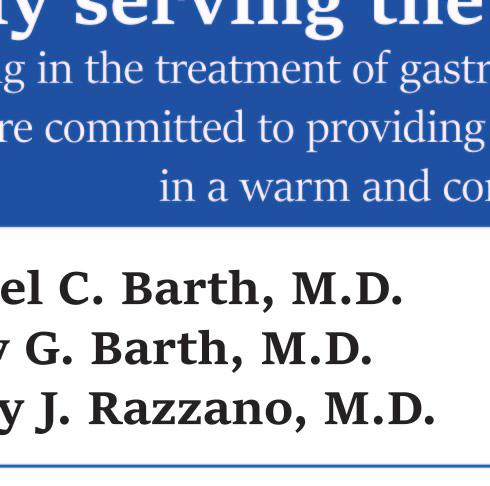

It’s worthwhile to be prepared, though, just in case. Bring along a snack containing carbs, juice or glucose tablets in addition to your blood glucose testing supplies. Your muscles keep on burning glucose even after you stop exercising, so keep your eye out for possible signs of hypoglycemia for the next 24 hours.
Hydrate, hydrate, hydrate
Drink plenty of water — and not just during
your workout. Guzzle 17 ounces (approximately 2 cups) about two hours before you exercise. Since you’re going to lose fluids when you sweat, you’ll also need to keep on drinking water, especially if it’s really warm outside.
Courtesy Healthgrades
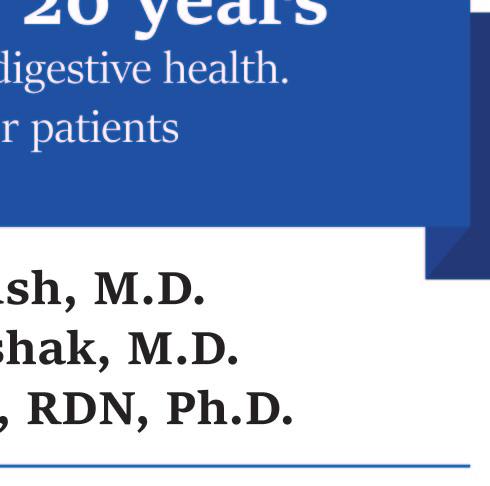
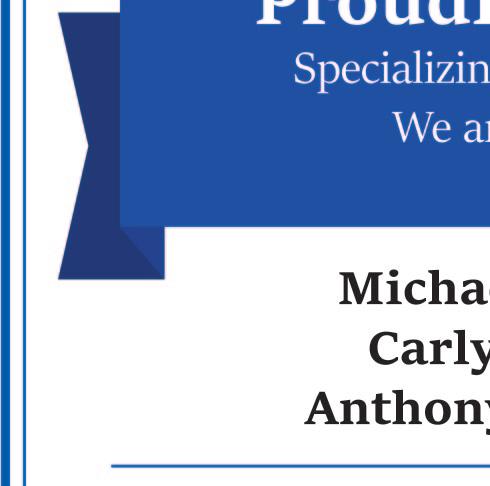

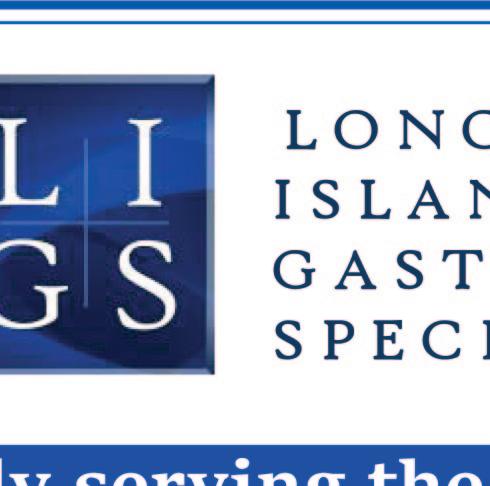
Photo: Physical activity can lower your blood glucose up to 24 hours or more after your workout by making your body more sensitive to insulin. Become familiar with how your blood glucose responds to exercise.















How healthy is your communication diet?
Communication has been called “food for the mind.” It is as necessary for mental and emotional health as food is for physical health. The social isolation that results from a poor communication diet is a major risk factor for cognitive decline and dementia.
A nutritionist evaluating a client’s diet will consider how often the person eats (frequency), how much the person eats (quantity), and the nutritional value of the food eaten (quality). If you don’t have a healthy balance of frequency, quantity and quality of food you will be in poor physical health. Frequency, quality, and quantity of communication are important to maintain mental and emotional health.
Consider the following aspects of your physical diet and their counterparts in your communication diet:
• Frequent meals -> Frequent conversations
• Adequate size meals -> Adequate length conversations
• Adequate nutritional quality -> Meaningful conversation content
Many factors can contribute to a poor communication diet. Hearing loss can be a major factor leading to a poor communication diet. Here are some of the ways I have seen untreated or poorly treated hearing loss reduce the regularity, length and meaningful content of communication:
1. Hearing Clarity
Hearing loss typically causes difficulty with hearing clarity which makes it more difficult to understand what others are saying even with the voice is loud enough. You may be receiving communication, but it may be hard to “digest.”
2.
Change In Behavior of the Person With Hearing Loss
Difficulties with hearing difficulty often cause people to avoid or reduce social interactions to avoid frustration. For example, you might want to go to a social event where you can establish or build personal relationships, but if you know your hearing loss is going to cause difficulty and possibly embarrassment, you may choose not to attend or to leave early.

HEALTH MEMO
3. Change In The Behavior of Communication Partners
Even for loved ones who care about you, your hearing difficulty may be very frustrating. If a friend or family member wants to tell you something with a lot of detail and meaning, but they know you often mishear them or ask them to repeat, they may avoid trying to give you the full message. They may instead shorten the message to provide just a minimum of bare facts with no emotion or nuance — or may choose not to bother to tell you at all. In this case the quantity and quality of the communication is reduced, and the relationship suffers.
At Hearing Center of Long Island we routinely see all three of these difficulties solved with optimum treatment of hearing loss. (To see some of our patients sharing their experience of improved hearing clarity and quality of life go to HCLITestimonials.com.)
Send your questions or comments to Dr. Cardano at DrCardano@HearingCenterofLI.com

To learn more about improving your hearing clarity and maintaining your mental acuity register for a FREE live online seminar with Dr. Cardano by going to HCLIEvents.com or calling (516) 269-8408.
46 Rockaway Avenue, Valley Stream HearingCenterofLI.com
UHF Honors Parker Jewish Institute’s Chief Medical Officer
Igor Israel, MD, as a Quality Improvement Champion
Parker Jewish Institute is proud to announce that Chief Medical Officer Igor Israel, MD, was honored recently by United Hospital Fund as a Quality Improvement Champion. Dr. Israel was recognized for his efforts to improve quality of care, patient safety, and the patient experience at Parker.
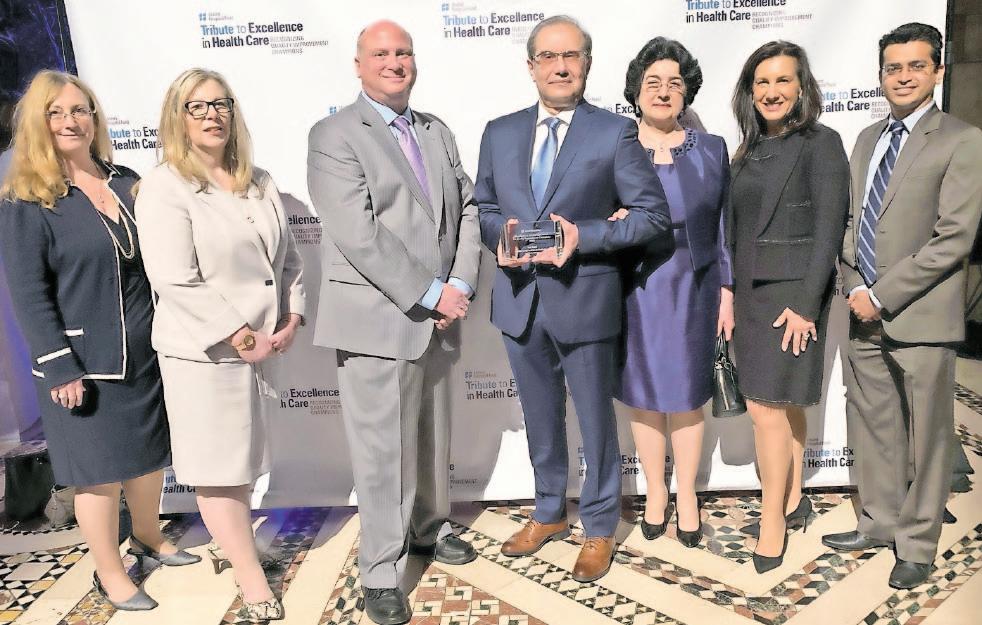
The fourth annual Tribute to Excellence in Health Care event was held in person at Cipriani 42nd Street in New York City, after two years of virtual events due to the Covid-19 pandemic. Dave A. Chokshi, MD, former Commissioner at the New York City Department of Health and Mental Hygiene, gave the keynote address.
Dr. Israel and his fellow honorees — physicians, nurses, physician assistants, pharmacists and a broad range of other health care workers — were each selected by a senior executive at their institution. They represent New York City, as well as Long Island, Westchester, the Hudson Valley, New Jersey, Connecticut, and Rhode Island, and were drawn from hospital systems, long-term care facilities, home care organizations, independent practice associations, federally qualified health centers, medical groups, and behavioral health organizations.
“Today’s celebration of health care excellence is part of UHF’s broader work to build an effective and equitable health care system,” said UHF president Anthony Shih, MD, in his
opening remarks. “We have some of the best health care institutions in the world, many represented in this room, but we all recognize that we must relentlessly continue to improve
Parker Jewish Institute • (718) 289-2212 • lscacco@parkerinstitute.org

Health memos are supplied by advertisers and are not written by the Herald editorial staff.
quality.” The tribute was created to recognize and nourish this essential work, he said.
“Parker Jewish Institute is so proud of Dr. Israel, whose guidance, expertise and empathy complement our mission at Parker, where are team members are inspired every day to provide top-quality health care with dignity and compassion to our residents and patients,” said Michael N. Rosenblut, Parker’s President and CEO.
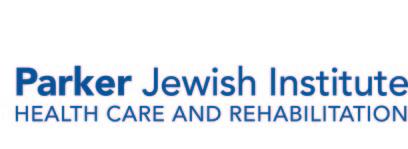
“I am honored to be recognized by the United Hospital Fund as a Quality Improvement Champion along with my esteemed peers in health care,” Dr. Israel said. “Together, we are making a difference in the region.”
Cary A. Kravet, a UHF board member and trustee of Northwell Health, was the event chair, and TD Bank was the Lead Sponsor of the Tribute.
When you have diabetes, eating well takes practice and planning. A good balance of the right foods, along with regular exercise and your prescribed medications, can help you feel better and stay healthier.
Tasty, healthful choices What’s
a Focus on Wellness
on the plate matters
Queens Long Island Renal Institute provides dialysis patients care, safety and convenience
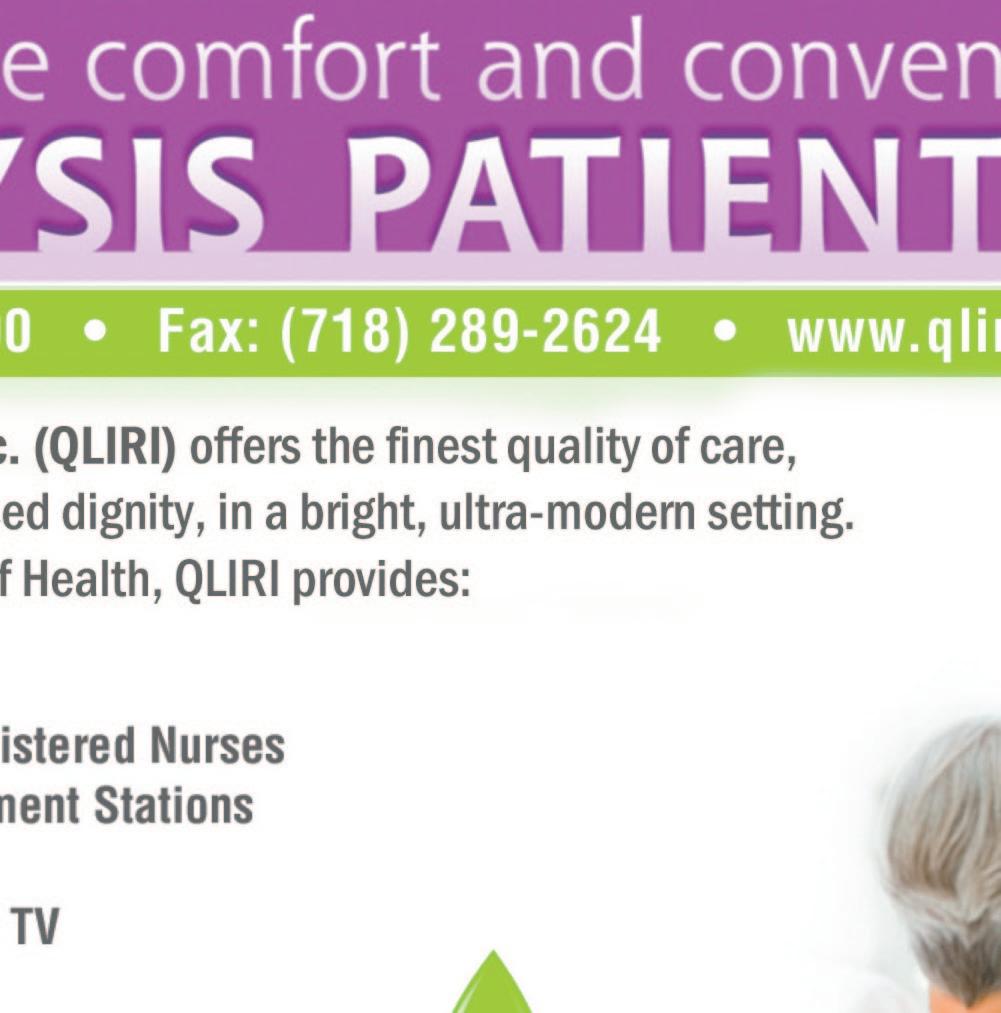
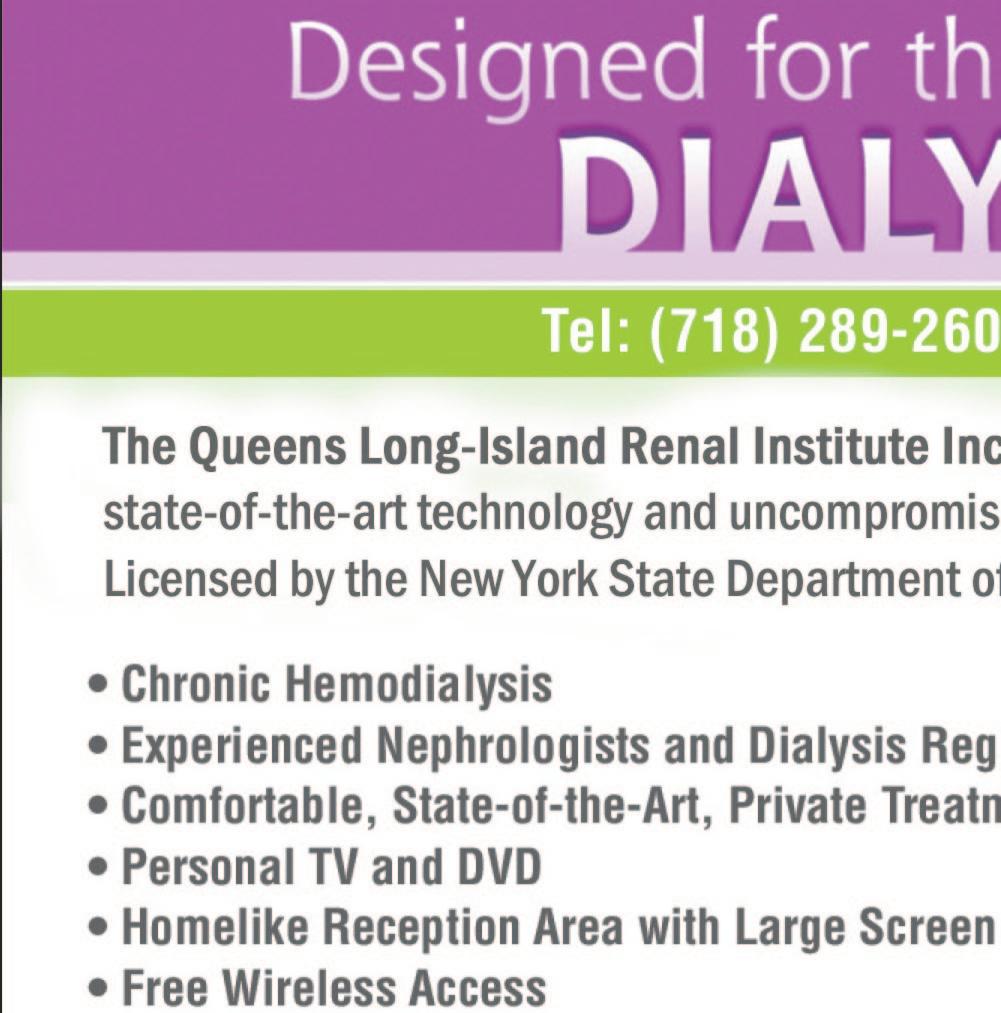
The award-winning Queens Long Island Renal Institute focuses on care, safety and convenience for kidney dialysis patients in the New York metropolitan area. Located in the lobby level of Parker Jewish Institute for Health Care and Rehabilitation with its own entrance, the center provides care to Parker’s residents and patients as well as to the general public.
About Parker Jewish Institute for Health Care and Rehabilitation
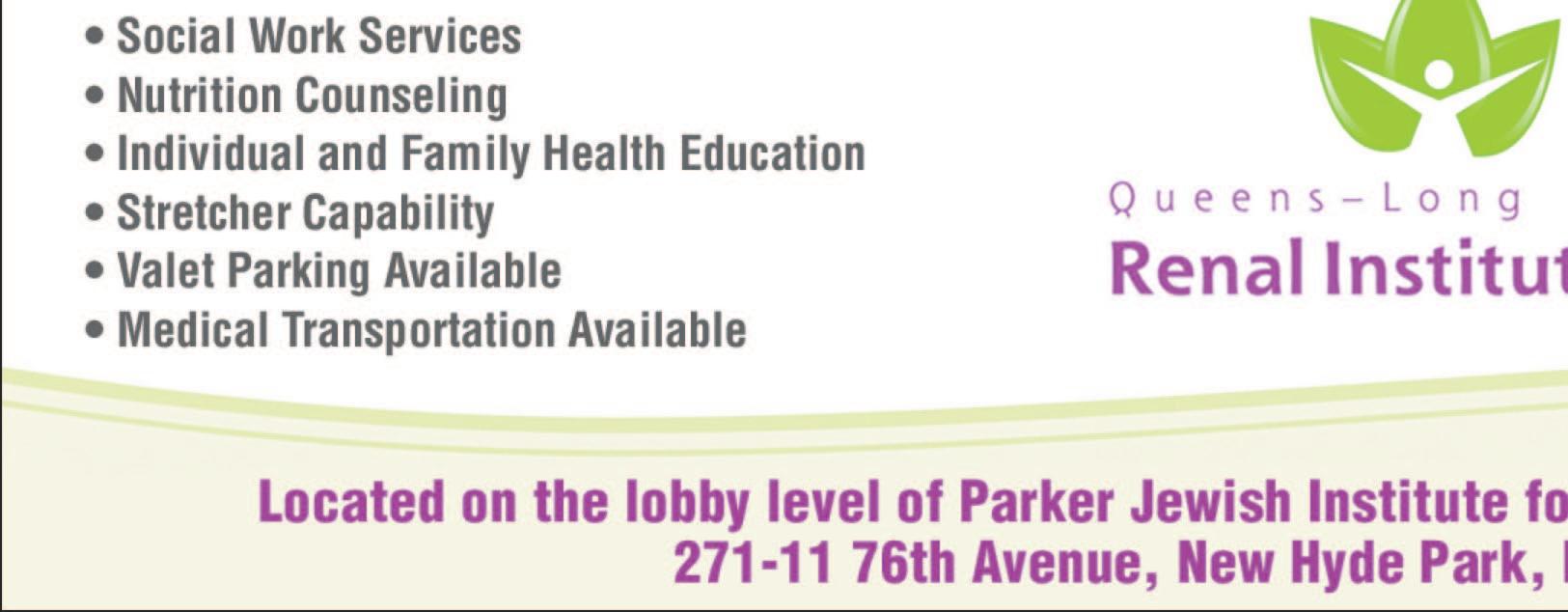
Create Your Plate
Often, when people are diagnosed with diabetes, they don’t know where to begin. One way is to change the amount of food you are already eating. Focus on filling your plate with non-starchy vegetables and having smaller portions of starchy foods and meats.
Creating your plate is an easy way to get started with managing blood glucose levels. Try these six simple steps to get started:
Queens Long Island Renal Institute offers the finest quality of care, state-of-the-art technology and uncompromised dignity, in a bright, ultramodern and comfortable setting.
1. Using your dinner plate, put a line down the middle of the plate. Then on one side, cut it again so you will have three sections on your plate.
2. Fill the largest section with non-starchy vegetables such as:
√ Spinach, carrots, lettuce, greens, cabbage, bok choy
√ Green beans, broccoli, cauliflower, tomatoes
√ Vegetable juice, salsa, onion, cucumber, beets, okra
The center is a certified 5-Diamond Status Facility, and is recognized for its demonstrated commitment to quality improvement by building and promoting a culture of patient safety. To earn this status, dialysis facilities must apply for the recognition each year. They must complete the program’s Culture of Safety module each year. A facility’s entire staff - including dieticians, management, nurses, medical directors, social workers and technicians - must participate in the program in order to qualify.
renal social worker, and a registered renal dietitian. The team is ready to meet the individual needs of dialysis patients and families, and provides individual and family health education, as well as nutritional counseling and social work services.
accommodates stretchers, and offers valet parking.
Parker Jewish Institute for Health Care and Rehabilitation, which is headquartered in New Hyde Park, is a leading provider of Short Term Rehabilitation and Long Term Care. At the forefront of innovation in patient-centered health care and technology, the Institute is a leader in teaching and geriatric research. Parker Jewish Institute features its own medical department, and is nationally renowned as a skilled nursing facility, as well as a provider of community-based health care, encompassing Social Adult Day Care, Home Health Care, Medical House Calls, Palliative Care and Hospice.
√ Mushrooms, peppers, turnip
3. Now in one of the small sections, put starchy foods such as:
Licensed by the New York State Department of Health, QLIRI is led by a dedicated, interdisciplinary team of experienced nephrologists and dialysis registered nurses, a
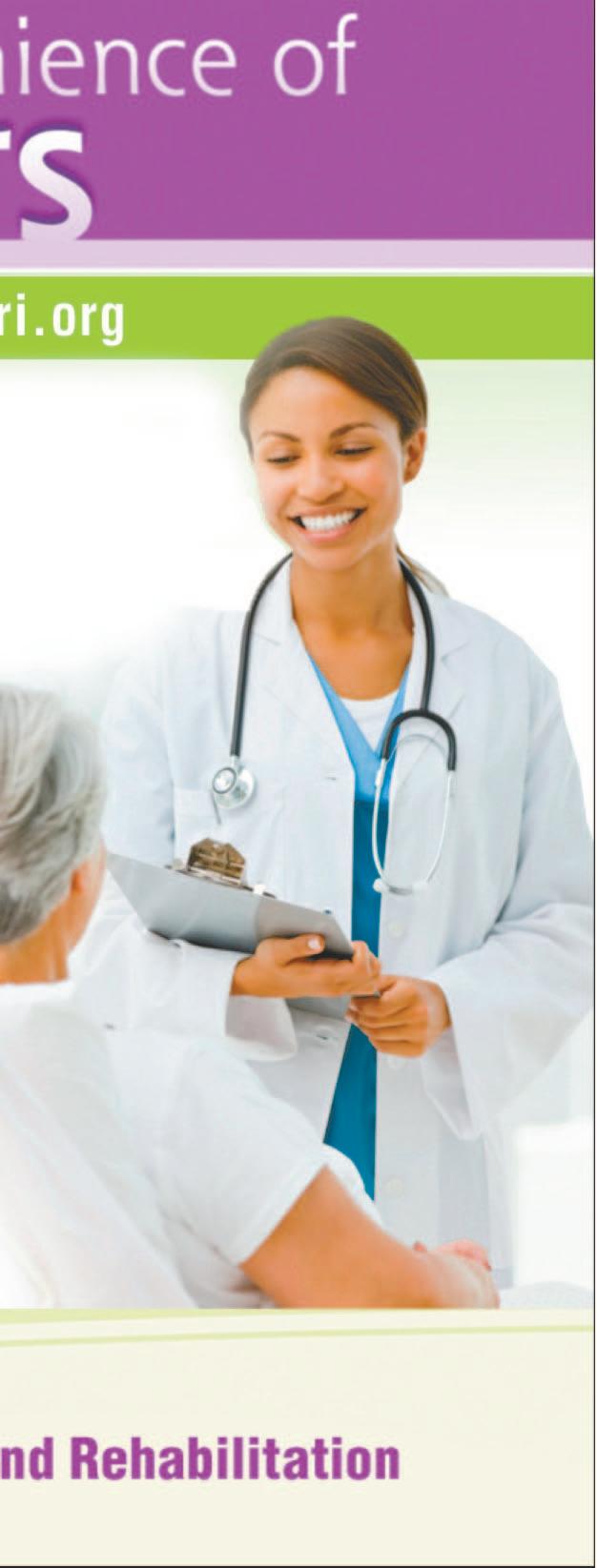
√ Whole grain breads, such as whole wheat or rye
√ Rice, pasta, dal, tortillas
√ Cooked beans and peas, such as pinto beans
or black-eyed peas
√ Potatoes, green peas, corn, lima beans, sweet potatoes, winter squash
√ Low-fat crackers and snack chips, pretzels and fat-free popcorn
QLIRI is outfitted with an in-center chronic hemodialysis. It features comfortable, state-of-theart, private treatment stations with personal TVs. There is also a homelike reception area with a large-screen TV as well as free wireless access. It
4. And then on the other small section, put your protein such as: √ Chicken or turkey without the skin
√
Fish such as tuna, salmon, cod or catfish

√ Other seafood such as shrimp, clams, oysters, crab or mussels
√ Lean cuts of beef and pork such as sirloin or pork loin
“With Queens Long Island Renal Institute conveniently located in Parker’s first-floor lobby, we continue to safely and comfortably meet the needs of our patients and residents, as well as members of the New York community who also benefit from our services,” said Michael N. Rosenblut, President and Chief Executive Officer of Parker Jewish Institute for Health Care and Rehabilitation.
√ Tofu, eggs, low-fat cheese
Queens Long Island Renal Institute • 271-11 76th Ave., New Hyde Park • (718) 289-2600
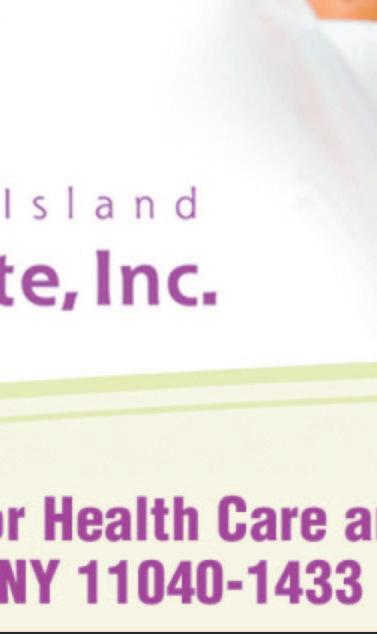
Health memos are supplied by advertisers and are not written by the Herald editorial staff.
5. Add a piece of fruit or a 1/2 cup fruit salad and you have your meal planned. Examples are
fresh, frozen, or canned in juice or frozen in light syrup or fresh fruit.
Photo: Since diabetes is a disorder in how the body processes foods, every choice you make to eat or drink is important. The benefits of eating well are powerful.
Courtesy American Diabetes AssociationHypnosis reinvented
UHF Honors Parker Jewish Institute’s Chief Medical Officer
Igor Israel, MD, as a Quality Improvement Champion
Parker Jewish Institute is proud to announce that Chief Medical Officer Igor Israel, MD, was honored recently by United Hospital Fund as a Quality Improvement Champion. Dr. Israel was recognized for his efforts to improve quality of care, patient safety, and the patient experience at Parker.
The fourth annual Tribute to Excellence in Health Care event was held in person at Cipriani 42nd Street in New York City, after two years of virtual events due to the Covid-19 pandemic. Dave A. Chokshi, MD, former Commissioner at the New York City Department of Health and Mental Hygiene, gave the keynote address.
Diabetes and dementia

Diabetes increases the risk of developing dementia. Dementia and diabetes starve your brain, and tangles and twists vital cells. Alzheimer’s disease is the fifth leading cause of death in the elderly in North America. The devastating diseases of dementia share a strong link with another sickness that wreaks havoc on over 31 million Americans — diabetes.
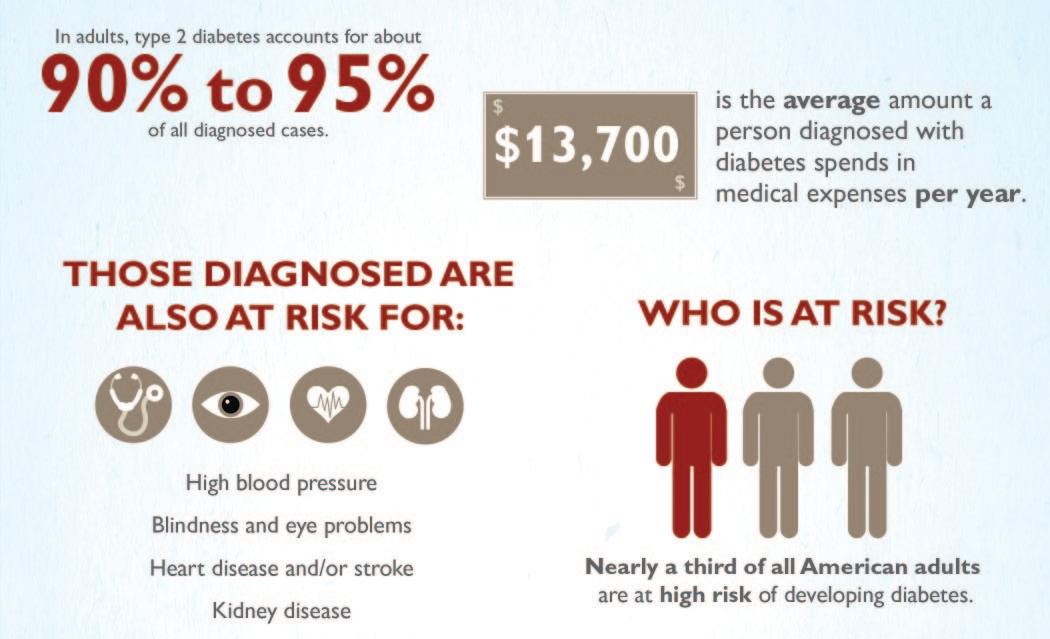
Diabetes is not a normal part of aging. Neither is dementia, cardiovascular disease, cancer and hearing loss (a progressive degenerative disorder that profoundly impacts cognitive function). There is a distinct difference between “common” and “normal” aspects of aging. The trick is knowing the difference between the two and knowing when to seek medical treatment. Each of these disorders listed above, from diabetes to hearing loss, are more common as we age, but they are not normal. Each
Dr. Israel and his fellow honorees — physicians, nurses, physician assistants, pharmacists and a broad range of other health care workers — were each selected by a senior executive at their institution. They represent New York City, as well as Long Island, Westchester, the Hudson Valley, New Jersey, Connecticut, and Rhode Island, and were drawn from hospital systems, long-term care facilities, home care organizations, independent practice associations, federally qualified health centers, medical groups, and behavioral health organizations.
disease listed above is also treatable.
Diabetes affects your body’s ability to produce or use insulin that will then remain in your blood stream. One of the most devastating effects of dabetes is its impact on small blood vessels throughout the body. Blood vessels can be damaged by the effects of high blood glucose levels and this can in turn cause damage to organs, such as the heart, eyes, and ears!
Each of the 31 million people living with diabetes are at increased risk of developing hearing loss; thus each person is at a 200-500% increased risk of developing cognitive decline and dementia.




After 30 years in practice as a Clinical Hypnotherapist, Terry Biener still believes that the key to using hypnosis as a helpful tool — often referred to as Hypnotherapy — is knowing what to say, how to say it, and which techniques to use. Each person processes information differently. So, origins of habits, fears, and other challenges vary greatly. Sessions are private, tailored to the person’s lifestyle, personality, triggers, and sometimes, the past.
In March 2020, everything changed. As her clientele canceled appointments, Biener abruptly shut down her practice. Uncertainty prevailed. Months passed, and it was apparent that safe distancing and masks would continue indefinitely. Since her work entailed up-close communication, and talking through a mask was a muffled no-go, reinvention was necessary. She used her time to research, take online courses and even attend virtual hypnotherapy conferences, worldwide. Embracing online technology was clearly a solution. After all, many health providers and therapists were going virtual.
While most clients lived locally, distance is no longer an issue. By summer of 2020, Biener was offering Zoom hypnotherapy sessions, allowing extra time to help people find the most effective environment, both physically and technologically.


Parker SeniorVice President of Patient Care Services, ColleenAriola; SeniorVice President of Nerken Center for Research Lorraine Breur;President & CEO Michael Rosenblut;Chief Medical Officer Dr.Igor Israel;Vice President of Corporate Engagement Lina Scacco;andAssociate Medical Director Dr.Arpan Philip at theTribute to Excellence in Health Care event.
“Today’s celebration of health care excellence is part of UHF’s broader work to build an effective and equitable health care system,” said UHF president Anthony Shih, MD, in his
(516) 788-7830 ilovehearing.com



opening remarks. “We have some of the best health care institutions in the world, many represented in this room, but we all recognize that we must relentlessly continue to improve
“I was skeptical at first,” she admits, having worked in person for so long. “But once I retrained, I realized that online sessions were not only successful, but many people prefer it. Scheduling was always a challenge. Now a person can set aside an hour of their time rather than three, and they can contact me from anywhere. I recently helped a former client with test anxiety, while he attended college, out of state.”
Parker Jewish Institute • (718) 289-2212 • lscacco@parkerinstitute.org







Health memos are supplied by advertisers and are not written by the Herald editorial staff.
Health memos are supplied by advertisers and are not written by the Herald editorial staff.
quality.” The tribute was created to recognize and nourish this essential work, he said.
Having had phobias and panic attacks herself, which were ultimately eliminated with hypnosis, Biener chose fears and trauma as her niche. By combining Neuro-Linguistic Programming (NLP) techniques with hypnosis, she reduces unwanted, and sometimes devastating anxiety. Since the pandemic, new concerns have surfaced — healthrelated fears, life’s uncertainties, grief, procrastination, weight gain, sleep issues, etc.

“Parker Jewish Institute is so proud of Dr. Israel, whose guidance, expertise and empathy complement our mission at Parker, where are team members are inspired every day to provide top-quality health care with dignity and compassion to our residents and patients,” said Michael N. Rosenblut, Parker’s President and CEO.
“I am honored to be recognized by the United Hospital Fund as a Quality Improvement Champion along with my esteemed peers in health care,” Dr. Israel said. “Together, we are making a difference in the region.”
“Ignore what you’ve seen in movies; that’s entertainment. A hypnotic trance is a natural state we visit frequently — daydreaming, reading, playing a video game. A hypnotist induces this type of trance to “reframe” the subconscious mind, which rules how we respond. A good subject is strong-willed, intelligent and creative.
The person being hypnotized never wloses control.”
A thorough intake session is done first. The number of hypnosis sessions recommended varies. Motivation and willingness to work on a conscious level are important. Trust and a good rapport with the hypnotist are important.
Cary A. Kravet, a UHF board member and trustee of Northwell Health, was the event chair, and TD Bank was the Lead Sponsor of the Tribute.
Formerly a New York City teacher, Biener is certified though the American Board of Hypnotherapy and the National Guild of Hypnotists. She has done speaking engagements for local organizations and wellness centers. Call for a free phone consultation or visit the website.
Terry Biener, CCH (516) 791-6174 www.easychanges.com
Health memos are supplied by advertisers and are not written by the Herald editorial staff.
The health benefits of hearing
The health benefits of optimum hearing clarity are loud and clear
Hearing Care is Health Care™
Good hearing plays a key role in maintaining your overall health and well being. Even a mild hearing loss can double the risk of dementia according to a 25 year study*. We are experts at treating the aspects of hearing loss that reduce mental acuity and increase risk of cognitive decline and dementia. Our experienced doctors of audiology have the knowledge and skill, and the Oticon BrainHearing™ technology that can help you.
Hearing Care is Health Care
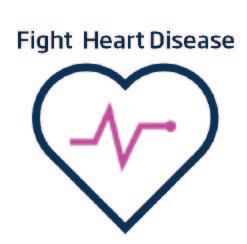
Want to know how much your hearing clarity can really be improved and hear for yourself how much difference improved hearing clarity can make? Schedule a Complimentary Hearing Clarity Evaluation and Live Listening Demonstration by calling us at 516-269-8408 or going to tinyurl.com/ScheduleHCLI

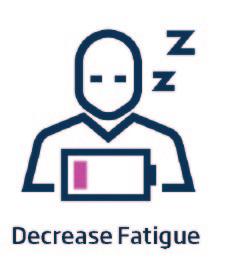
Interested in research-based answers to the most common questions about treatment of hearing loss and maintaining mental acuity?
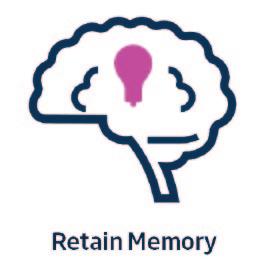

Request your FREE copy of the book Stop Living Your Life Disconnected by MIT and Harvard trained neuroscientist Dr. Keith Darrrow, Ph.D. and audiologist Dr. Lawrence Cardano, Au.D. by going to HCLIBookOffer.com
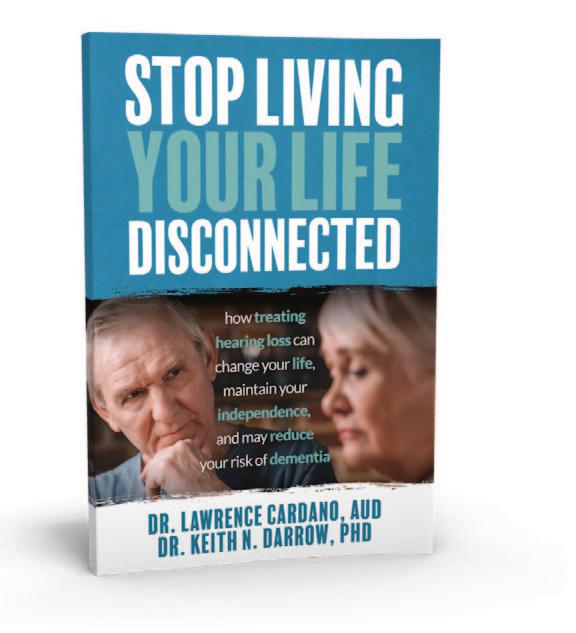
Good hearing plays a key role in maintaining your overall health and well being. In fact, even a mild hearing loss can double the risk of dementia according to a 25 year study*. Our team of qualified hearing care professionals have the knowledge and the Oticon BrainHearingTM technology that can help. Schedule an appointment today for a complimentary: -Hearing Screening & Consultation -Live Listening Demonstration Contact [ABC Hearing Care] at [contact info] today.
“I have been to other hearing care offices. They never gave me the improvement in hearing I have gotten from treatment here at Hearing Center of Long Island.”


516-269-8408
HearingCenterofLI.com
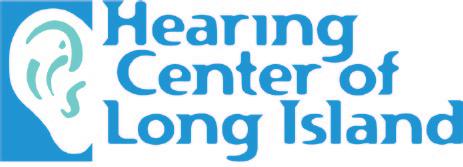
– Elizabeth Farrell, Lynbrook, NY 46 Rockaway Avenue, Valley Stream, NY 11580

Find a doctor today at mountsinai.org/southnassau

